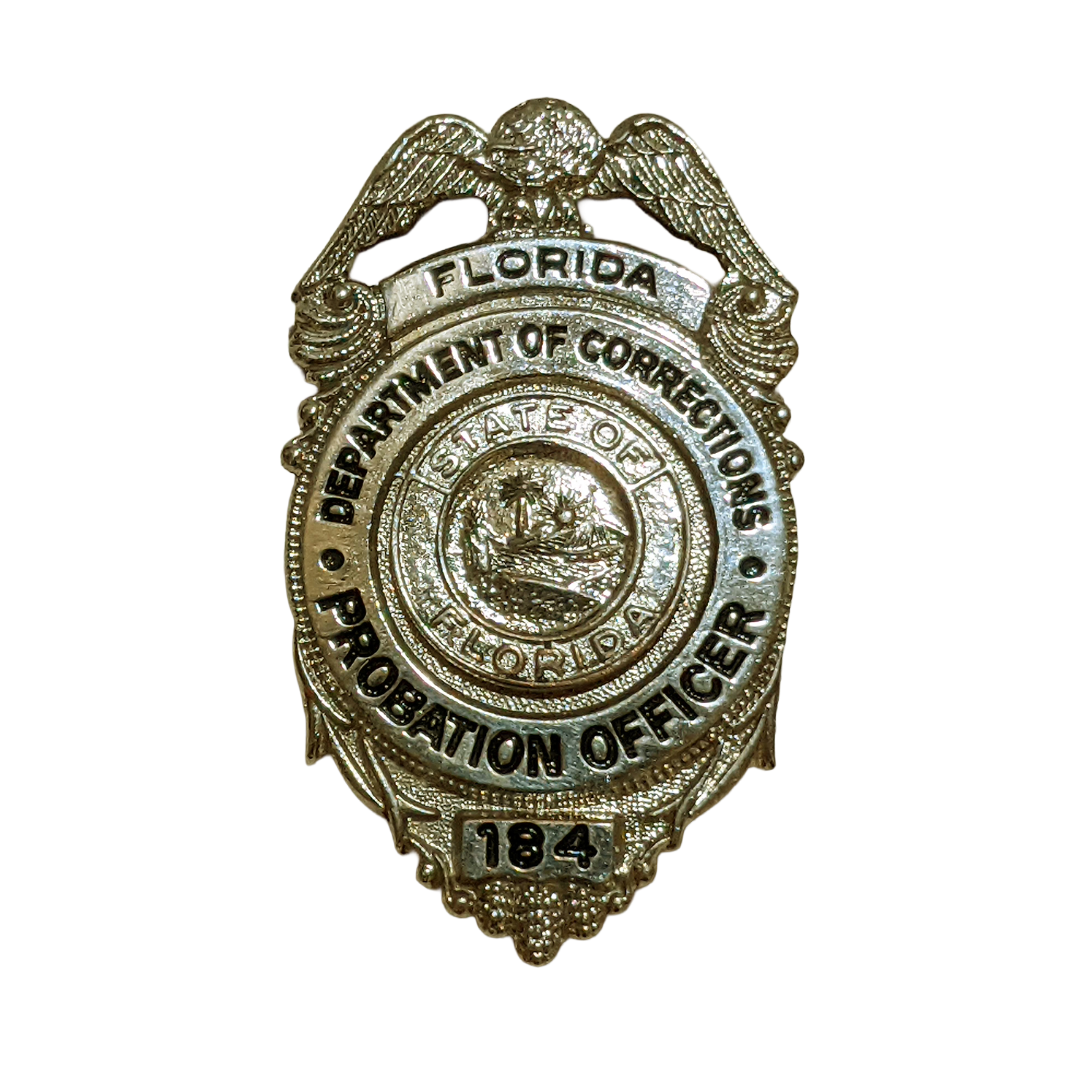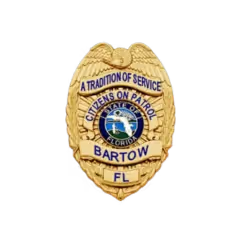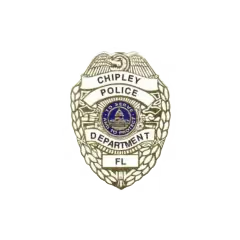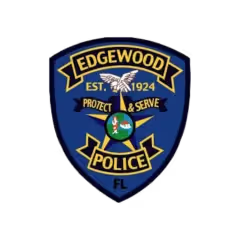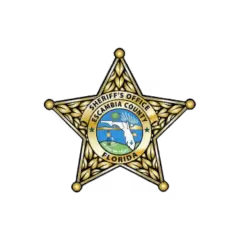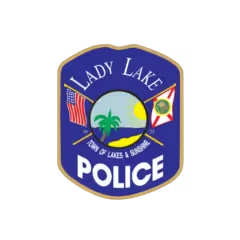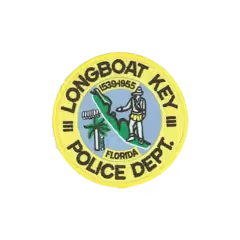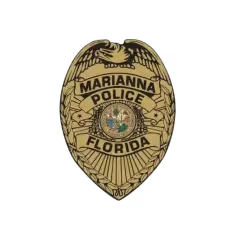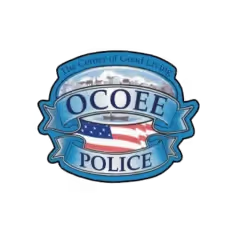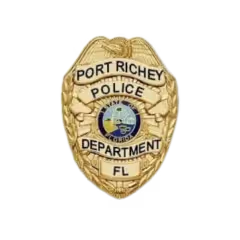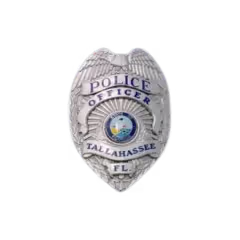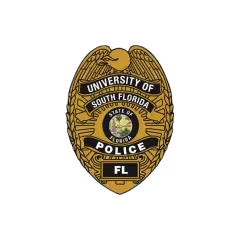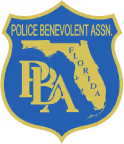One really long week down… one really long week to go. The Legislature entered budget conferencing on Monday evening as expected. Everything appears to be on course to finish the session next Friday, March 11th. Our priority issues from last week are still in play. Nothing is “dead” and nothing has “passed” yet. Interesting how those are the two terms used to describe a piece of legislation’s destiny.
Anyway, for those of you on edge about a particular issue, this is the hardest part of session. The best advice is to be patient.
We are heading into the last week. As issues wrap up, we will update you. Stay tuned.
Please read through the list below for summaries of the issues:
A) HJR 1 & HB 1563 by Representative Josie Tomkow and SJR 1746 & SB 1748 by Senator Jason Brodeur are the constitutional amendment proposal and implementation legislation which will provide an additional $50,000 homestead exemption to classroom teachers, law enforcement officers, correctional officers, firefighters, child welfare services professionals, active duty members of the United States Armed Forces, and members of the Florida National Guard. The exemption will be assessed on the value greater than $100,000 and up to $150,000 of the occupant’s homesteaded property. The exemption will only apply to active “critical public service workers”.
These bills are available to be heard on the Senate floor next week.
PBA supports this legislation.
B) The Florida House of Representatives approved HB 3 by Representative Tom Leek then sent it over with the General Appropriations Act to include it with all the legislation in budget conference. The legislation creates the following (taken directly from the staff analysis):
- Creates the Florida Law Enforcement Recruitment Bonus Program to provide one-time bonus payments to newly employed law enforcement officers in Florida;
- Creates the Florida Law Enforcement Academy Scholarship Program to cover tuition, fees, and up to $1,000 of eligible education expenses for trainees enrolled in a law enforcement officer basic recruit training program;
- Creates a reimbursement program to pay for up to $1,000 of equivalency training costs for certified law enforcement officers who relocate to Florida or members of the special operations forces who become full-time law enforcement officers;
- Provides law enforcement officers who adopt a child from within the state child welfare system with a $25,000 benefit for adopting a child with special needs or a $10,000 benefit for adopting a child without special needs;
- Makes dependent children of law enforcement officers eligible to receive a Family Empowerment Scholarship to attend a private school;
- Increases the base salary for each county sheriff by $5,000;
- Exempts veterans and applicants with an associate degree or higher from taking the basic skills test as a prerequisite to entering a law enforcement officer basic recruit training program;
- Requires that law enforcement officers receive training in health and wellness principles as part of their initial certification training and continued employment training;
- Allows law enforcement officers or former law enforcement officers to receive postsecondary credit at Florida public postsecondary educational institutions for training and experience acquired while serving;
- Encourages each district school board to establish public safety telecommunication training programs and law enforcement explorer programs in public schools; and
- Designates May 1 of each year as “Law Enforcement Appreciation Day.”
The House and Senate approved the funding to provide the academy scholarship and relocation programs. Further negotiations over the remaining issues are ongoing. The legislation is available for the Senate floor next week.
Florida PBA supports this legislation.
C) HB 689 by Representative Mike Giallombardo & SB 1066 by Senator Danny Burgess expands on the time limitation for Workers’ Compensation Coverage of PTSD for First Responders. Currently, an officer has 90 days from the date of the event or manifestation of the disorder (whichever is later) to provide the employer with a notice of injury, or death. However, an officer has 52 weeks from the date of the event to file a workers’ compensation claim.
The legislation provides that the time for notice of injury or death a claim of PTSD is 90 days from the qualifying event that supports the claim or the diagnosis, rather than the manifestation, of the disorder (whichever is later). The bill also provides that the PTSD workers’ compensation claim is prohibited if not properly noticed within one year of the qualifying event, or the diagnosis of the disorder (whichever is later).
An amendment to HB 689 adds correctional officers and all part time LEOs & COs into Florida’s First Responder’s PTSD workers’ compensation coverage.
The House passed HB 689 as amended and sent it over to the Senate. This legislation is available for a Senate floor vote next week.
PBA supports this legislation.
D) SB 7046 & HB 5007 extend FRS DROP by three years for law enforcement officers to help retain veteran officers at every FRS participating agency in the state. The legislation also increases the employer contribution to all active investment plan participants by an additional three percent. In order to be eligible for the DROP extension the law enforcement officer must be participating in the DROP prior to July 1, 2028.
This legislation may still see amendments included before final passage.
This legislation is available for a floor vote next week in both chambers.
E) Pay raises for PBA’s three state bargaining units are all part of the budget conferencing process. As stated above, we budget conferencing started on Monday and will continue through the weekend.
That’s all for this week. As always, please stay safe.
Sincerely,
Matt Puckett


